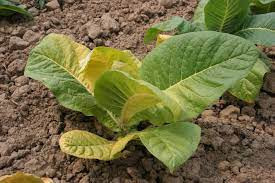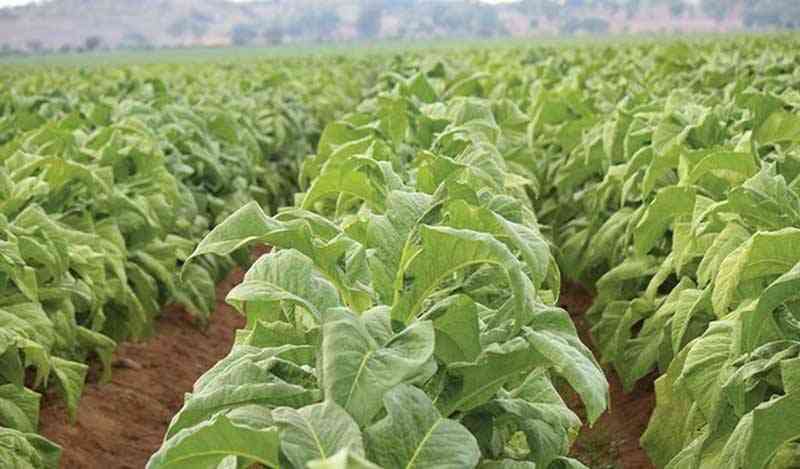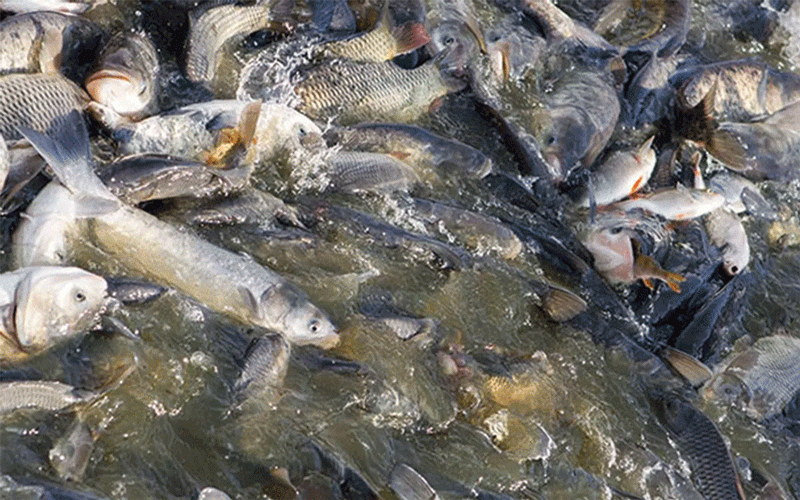
THE Tobacco Research Board, trading as Kutsaga, says the incidence of tobacco pests and diseases is threatening the sustainability of the tobacco industry, amid failure by farmers to adhere to legislated planting dates.
The golden leaf is one of Zimbabwe’s largest foreign currency earners.
In a letter to tobacco growers, Kutsaga urged farmers to adhere to planting and stalk destruction legislation.
“On a mandate to reach the target of 300 million kilogrammes of tobacco by 2025 as stated in the Tobacco Value Chain Transformation Plan, adherence to legislated tobacco planting dates becomes imperative in order to effectively manage pests and diseases below economical threshold,” the letter read in part.
The organisation noted that pests such as the tobacco aphid and pathogens such as potato virus Y and bushy top virus thrive on tobacco re-growths for overwintering.
“To improve sustainable tobacco production in this coming season, tobacco stalks must be cleared off all fields to break the life cycles of the aforementioned pests and pathogens as well as other incidental pests such as mealybugs and false wireworms before seedbed preparations begin,” it said.
The Plant Pests and Diseases Act (Chapter 19:08) compels tobacco growers to destroy tobacco stalks by May 15, 2024.
Seedbed preparations should start not earlier than June 1, 2024 and planting should not be done before September 1, 2024. Moreover, seedbed destruction should be done not later than December 31, 2024 or as soon as seedlings are no longer required for the current season’s crop.
- Mlalazi chronicles his rags-to-riches story
- Mlalazi returns to roots with a free concert
- MP ropes in church in anti-drug fight
- TSL profits slow as costs escalate
Keep Reading
Officials from the Tobacco Industry and Marketing Board (TIMB), the Department of Agricultural, Technical and Extension Services, and Department of Quarantine Services conduct routine inspections on growers’ fields to ensure compliance.
“Failure to abide by the legislated dates attracts a stiff penalty. In the event of late crop establishment as a result of delayed rains, some growers may not have been able to complete reaping before the stipulated date,” Kutsaga said.
“It is, therefore, advisable that the inconvenienced grower seek extension periods from the Department of Quarantine Services, Ministry of Lands, Agriculture, Water and Rural Resettlement to avoid penalty.
“However, the grower should ensure that all stalks are destroyed as soon as reaping is complete. It is every tobacco grower’s responsibility to be proactive and ensure good agricultural practices and efficient use of aphicides as we enter the new season in order to slow down proliferation of aphids so as to minimise viral transmission.”
Zimbabwe’s tobacco volumes have declined by 25,08% to 125,1 million kilogrammes as of Monday this week compared to the same period last year, due to the El Niño-induced drought, official data showed.
Data obtained from TIMB indicated that, in terms of value, tobacco sales fell by 11,02% to US$445,3 million, despite average price per kg increasing by 18,77% to US$3,56.
A total of 117,8 million kg of tobacco worth US$418,5 million were sold on the contract floors. In contrast, 7,3 million kg of tobacco worth US$26,8 million was delivered on the auction floors.
Zimbabwe this year projects to produce 235 million kg of tobacco, from a record harvest of 296 million in 2023.











